Public speaking is not my favourite activity, though I have never had any difficulty giving speeches. In fact, after taking over as editor, Sadhana, six years ago, on an average I have been called to speak once a week. While the audience feedback has been good, I have been happy with my speeches only on five or six occasions. One of them was three years ago, to mark the Mahatma Phule birth anniversary, which falls today, April 11th.
Originally, I had prepared six or seven points to deliver during that speech. However, when I saw that the gathering is small but mature, I decided to elaborate on only one point - Phule and the two historians.
"So much has been said about Mahatma Jyotiba Phule's work and idealogy that I wondered if there was anything new left for me to say in this speech. Which is why, while accepting this invitation, I looked for some pointers from my friends at Savitribai Phule Pune University. One of them, young Kishore Raktate said just because its Phule's birth anniversary, one need not necessarily speak only about Phule; One could speak about something Phule would have liked to hear. My senior friend, Professor Manohar Jadhav was of the opinion that perhaps the audience would like to hear about how Phule's ideas, and how his work relates to present times. When I reached the venue, I also spoke to some of the organizers. They said they would like to hear from me about Phule's contribution to education and women's reforms.
I don't intend to mix these three expectations. I would like to blend them into a short speech, in which I shall talk about how two historians have looked at Phule. This should hopefully bring out the difficulty and significance of his achievements. The first historian was Phule's contemporary, and the second is from our present times. Both are great historians - Vi Ka Rajwade and Ramchandra Guha. I would like to speak in some detail about two lists that these historians drew up.
In an essay titled 'A census of intellectual and gifted activists in Maharashtra' (Maharashtrateel Buddhiwan, Pratibhavan Va Kartya Vyaktinchi Mojdad, 1913). Rajwade's focus was on talented activists in the preceding 100 years. Note that he was not speaking of just intellectuals, or activists, but of people who through their vision changed the mindset of the society. Applying these criteria, he was able to list 150 people - from fields such as politics, social service, literature, and culture. He further filtered the names down to 43 and referred to them as all-time greats: Out of which, he selected seven timeless greats - Justice M.G. Ranade, Maharaja Sayajirao Gaekwad, Vishnushastri Chiplunkar, Lokmanya Tilak, Gopal Krishna Gokhale, S.B. Dixit and Annasaheb Kirloskar. Five of them are still well-known but astrologist Dixit and pioneer of musical theatre Kirloskar are somewhat lesser-known today.
Friends, a few years ago, Gandharaved publishing house in Pune decided to pull out Rajwade's essay and his list of 150 greats. The occasion was the then-upcoming 50th foundation day of modern Maharashtra. The plan was to come up with biographies of 50 luminaries - 25 from the 19th century based on Rajwade's list, and 25 from the 20th century, using Rajwade's criteria. Which means the project spanned two centuries, from 1818 - the end of Peshwa-administered Maratha empire - to the 50th anniversary of the Samyukta Maharashtra agitation (for the formation of Maharashtra state) i.e. 2010. World War I would have been approximately at the half-way mark of this period under review.
To commission the biographies of luminaries from Rajwade's list, the publishing house formed an editorial board of 10-12 people, headed by scholars like Aroon Tikekar, D. N. Dhanagare, and P. N. Paranjape. They were to also consult experts from various walks of life and select 25 luminaries from the subsequent century, with a view to complete the compendium of 50 bios. Each editor was assisted by two consulting editors and two assistant editors. (I too had the opportunity to serve on this board for a while)
In the initial meetings of the editorial board, it became clear that there were several names from Rajwade's 150 that were either hardly remembered today or their work had lost its import with the passage of time. The other question that the editorial board looked into was, whether there was any 19th century Maharashtrian who is remembered even today, but was not in Rajwade's list. Lo and behold, we found one name - Mahatma Jyotirao Phule.
The puzzle remains as to how he missed such a big name in the first place? Was it an oversight, malice, or failure to understand Phule? Which is more plausible?
 Rajwade wrote that landmark essay in 1913. He was born in 1863 and died in 1926. Which means he wrote the essay at 50 and lived for 13 years thereafter. Which means he created the list at a mature, enlightened age. Therefore oversight could not be the reason to skip Phule's name.
Rajwade wrote that landmark essay in 1913. He was born in 1863 and died in 1926. Which means he wrote the essay at 50 and lived for 13 years thereafter. Which means he created the list at a mature, enlightened age. Therefore oversight could not be the reason to skip Phule's name.
The second possibility is malice. It's true that some of Rajwade's pride came from his ego. He was known to take excessive pride in his knowledge and linguistic puritanism. But, unlike many others, I do not believe Rajwade left out Phule's name out of any malice. The reason is that Rajwade's list itself was inspired by a similar exercise undertaken at that time in England. A proud scholar like Rajwade would have never jeopardised his credibility among his peers, due to some petty malice. He must have also been well aware of how future historians would judge him, had he done so. I am therefore convinced he did not have any malice towards Phule. Since many people may disagree with my conclusion, I shall present some further evidence here.
Phule passed away in 1890. When Rajwade sat down to make his list, 23 years had already passed. Rajwade himself passed away 13 years thereafter. Let us for a moment assume Rajwade clung on to some malice for 36 long years. One must remember though that for 50-60 years after his death, Phule, was still known in the state only as a reformer of a certain section of society. It was in the 1950s that researchers like Dhananjay Keer and S.G. Malshe retrieved and republished the complete writings of Phule. Meanwhile, in post-Independence India, education began reaching the masses, especially the downtrodden. Their stake in political power also began to grow. Naturally, the masses also began a search for their own historic idols and icons. In the process, they increasingly understood the importance of Phule's work. They delved deeper into the Phule era, and his image slowly started reflecting his true stature.
Later, came Dr Ambedkar's birth centennial which was very close on the heels of Phule's death centennial in 1990. To mark the occasion, the government of Maharashtra and few other publishing houses republished more and more works of the two great leaders, in English. Scholars and students from far and wide read them with renewed interest. That period was also marked by the stir over caste-based reservations and the globalisation and liberalisation of the Indian economy. Twenty-five years thence, Phule has truly reached a national audience.
Which means it took 100 years for the state and the nation to take full cognisance of Phule's work. Which means the true value of his work and vision did not sink in for his contemporaries and subsequent generations for at least 60 years, after Phule's death. Which is why I think it would be rational to conclude that Rajwade failed to list Phule, purely due to a lack of understanding of his work.
 Friends, now let me tell you about Ramchandra Guha's project. In 2010, when the Indian republic celebrated its diamond jubilee, Ramchandra Guha published a book titled 'Makers of Modern India'. While defining modern India, Guha had both the 19th and 20th century in mind. In the book, Guha focused on 19 Indian visionaries from the social and political fields. He applied many criteria for selecting these personalities. But two of them are more important. The first is they had a defining impact on the formation and evolution of the Indian Republic. And the second is through them we can track the course of two centuries of Indian History. Clearly, many names crop up in the mind. Therefore, Guha in his preface further explained how he arrived at 19 personalities.
Friends, now let me tell you about Ramchandra Guha's project. In 2010, when the Indian republic celebrated its diamond jubilee, Ramchandra Guha published a book titled 'Makers of Modern India'. While defining modern India, Guha had both the 19th and 20th century in mind. In the book, Guha focused on 19 Indian visionaries from the social and political fields. He applied many criteria for selecting these personalities. But two of them are more important. The first is they had a defining impact on the formation and evolution of the Indian Republic. And the second is through them we can track the course of two centuries of Indian History. Clearly, many names crop up in the mind. Therefore, Guha in his preface further explained how he arrived at 19 personalities.
Guha argues that the greatest movements of social and political reform were witnessed in West Bengal and Maharashtra. As a result, six of the 19 makers of modern India come from Maharashtra - Phule, Lokmanya Tilak, Gopalkrishna Gokhale, Dr Babasaheb Ambedkar, Tarabai Shinde, and Hamid Dalwai. These six can be further viewed as two separate streams. Gokhale and Tilak constitute the first stream and the four others constitute the other.
Of these six names, four are indisputable. But the names of Tarabai and Hamid bhai may have raised a few eyebrows. Interestingly, Tarabai's inclusion was based on her seminal essay Streepurush Tulana (A comparison between women and men, 1882). And Dalwai's inclusion was based on his landmark book Muslim Politics in India. Had these books not been available in English, these names may not have made the list. This illustrates why availability of published literature is a key factor to the writing of history.
Guha has chronologically listed Raja Rammohan Roy, father of Indian renaissance, as the first liberal. In the 19th place, Guha has listed Hamid Dalwai, as the last modernist.
The interesting part is that it is now clearly acknowledged that Phule was the ideological predecessor of Dr Ambedkar. Tarabai Shinde's famous essay, as well as her ideology, was clearly influenced by Phule. Hamid Dalwai by naming his reformist outfit Muslim Satyashodhak Mandal, after Phule's Satyashodhak (truth-seeker) Samaj, clearly indicated his connect with Phule. As a result, out of the 19, for the first time, a group of four can be grouped together into Phule's rationalist and egalitarian ideology. Remarkably, all four leaders worked on fundamental issues. Moreover, Tarabai and Hamid Dalwai's missions - gender equality and Muslim reform, respectively - still have a long way to go.
Against this backdrop, we must look at Phule's work. Remember that Phule was born in 1827, barely eight years after the end of the Peshwa regime. British rule was then yet to stabilise. Jyotiba opened the first school for girls in 1848 when he was just 21, and his wife, Savitribai, was just 17 (Interestingly, it was the year when Marx and Engels published the Communist Manifesto. ) Jyotiba, at 25, opened the first schools for untouchables in 1853 - the year the first railway train in India ran from Mumbai to Thane. The Indian uprising of 1857 brought an end to the British East India Company's rule over the subcontinent, and the British Government took control. The Queen's Declaration was also released in the same year. By that decree, India's modern universities were established in Kolkata (1857), Mumbai (1858), and Chennai (1859). Till as late as 1883, the question of women's graduation studies did not even arise at the Mumbai university. Cornelia Sorabjee became the first woman to the graduate from Mumbai university in 1888. In the meanwhile, the Indian National Congress was formed (1885). The point is that a good 10 to 20 years before all these epoch-making beginnings were made in India, Phule displayed exemplary vision to launch schools for girls and the untouchables.
Moreover, B. G.Tilak and G.G. Agarkar were born in 1856. Which means three and eight years before their birth, Phule had already laid the cornerstones of education of untouchables and women, respectively. To further appreciate Phule's greatness, we must note that one year before Dr Ambedkar was born, Phule had already concluded his earthly journey. That is, after having laid the foundation of several social reforms. The reason, I dwell so much on the timeline is that a great man should always be judged by the times in which he lived.
Friends, to gauge the span of Phule's thought, let me outline a few more points. Phule was first and foremost inspired by Thomas Paine - whose writings ushered the French Revolution (1789). The revolution, in turn, gave the world the ideals of Liberty, Equality, and Fraternity. In 1873, Phule dedicated his book Gulamgiri (Slavery) to President Abraham Lincoln's struggle to grant civil rights to African Americans. In 1885, the year that the Indian National Congress was born, Phule wrote his famous book Shetkaryacha Asood (The Farmer's Whip).
Before breathing his last, he established the rationalist order of Sarvajanik Satyadharma. His participation in so many women's struggles (from giving refuge to destitute single mothers and widows, to the organisation of a barbers strike to oppose the practice of tonsuring of widows' heads), is pretty well-known. What has also come to light is that he also inspired the great industrial labour activist Narayan Meghaji Lokhande.
Be it Phule's deposition before the Hunter Commission to state the predicament of education among the downtrodden or his resounding letter explaining why he shunned Marathi literary conferences of the time, Phule is always seen as the voice of social reform. That's the reason no progressive organisation, no people's movement can proceed today, without noting Phule's thoughts. It is probably because of this that leading rationalist Dr Narendra Dahbolkar, in his speeches, always referred to Phule as 'The permanent Chancellor of the universities of reforms'. I bow my head, before the great Chancellor."
- Vinod Shirsath
vinod.shirsath@gmail.com
(Vinod Shirsath, editor, Weekly Sadhana, gave this talk at Savitribai Phule Pune University, Pune, on April 11, 2017, to mark Mahatma Phule's birth anniversary. Translation by Sanjay Pendse)
(Read Marathi version of the talk on Sadhana Archive)
Tags: Talk Speech Vinod Shirsath V K Rajwade Vi Ka Rajwade Dr Ambedkar Babasaheb Ambedkar G G Agarkar Agarkar B G Tilak Tilak Ramchandra Guha Gopalkrishna Gokhale Satyashodhak Samaj Hamid Dalwai Birth Anniversary History Load More Tags

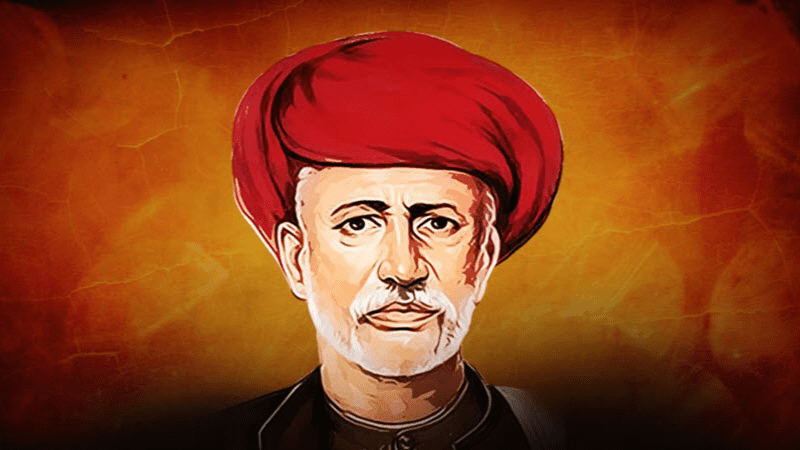

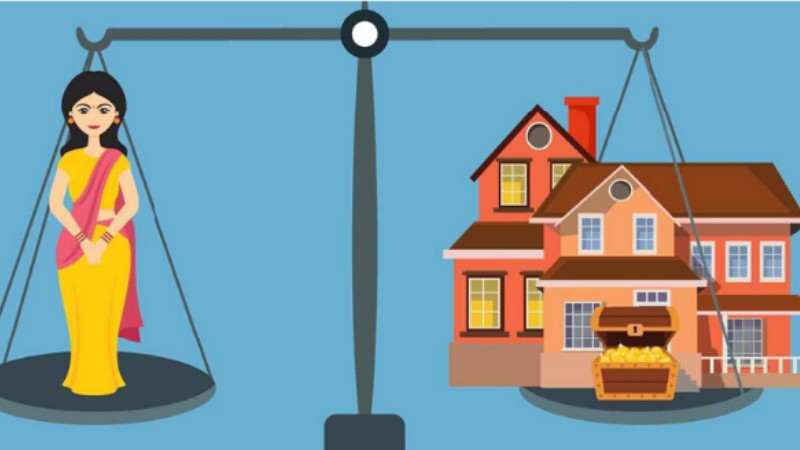

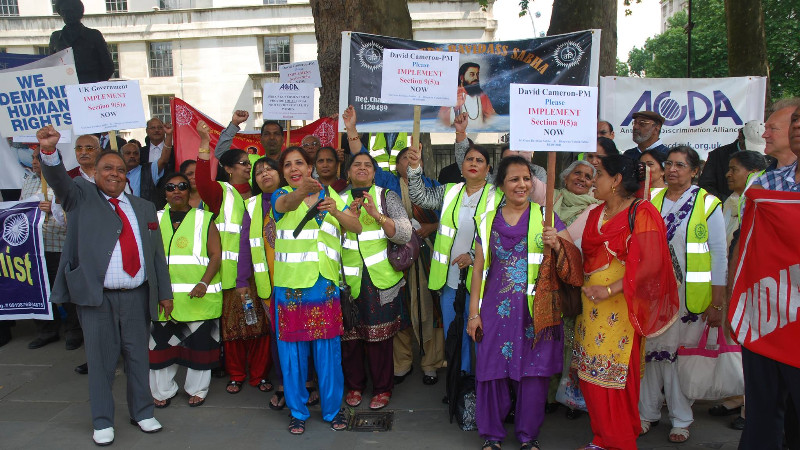
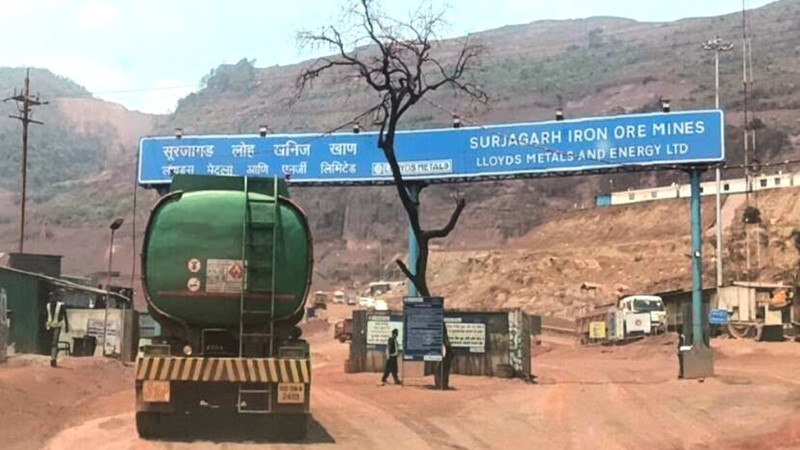
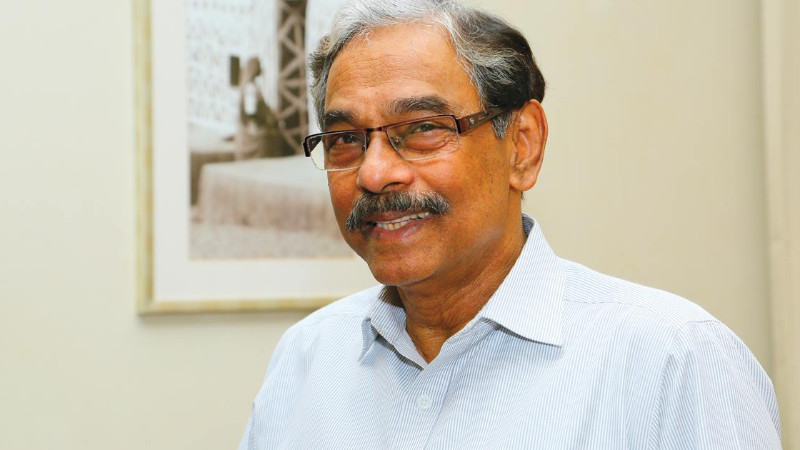

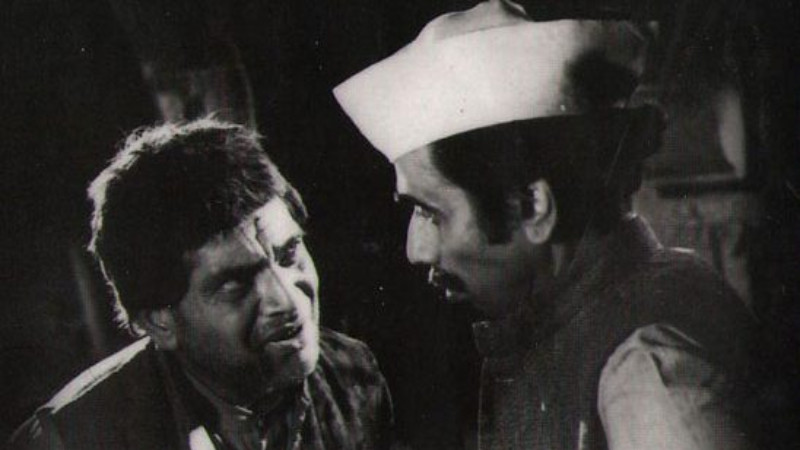
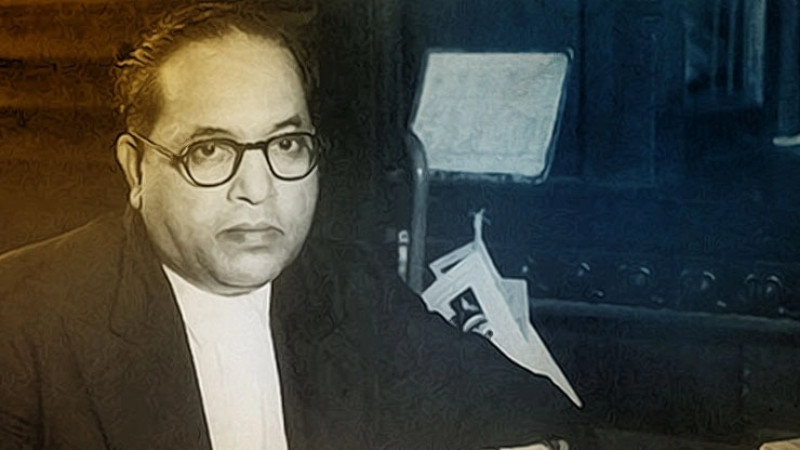
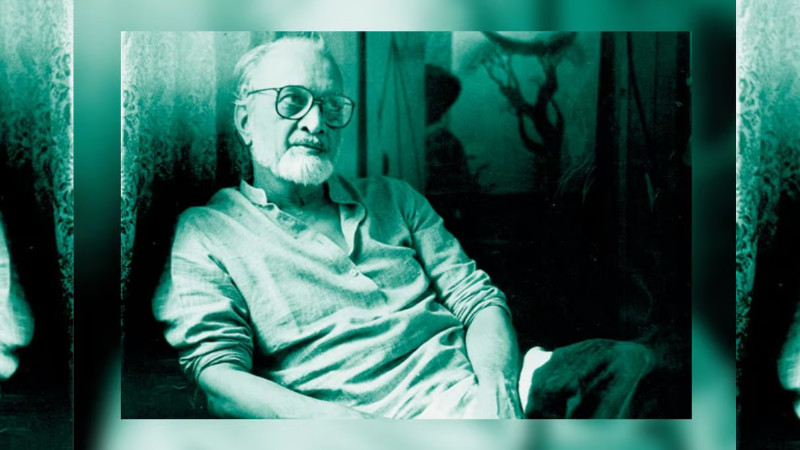
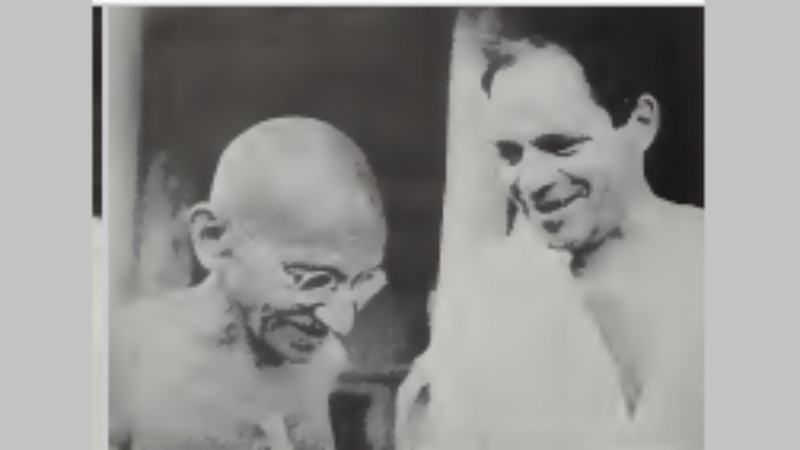
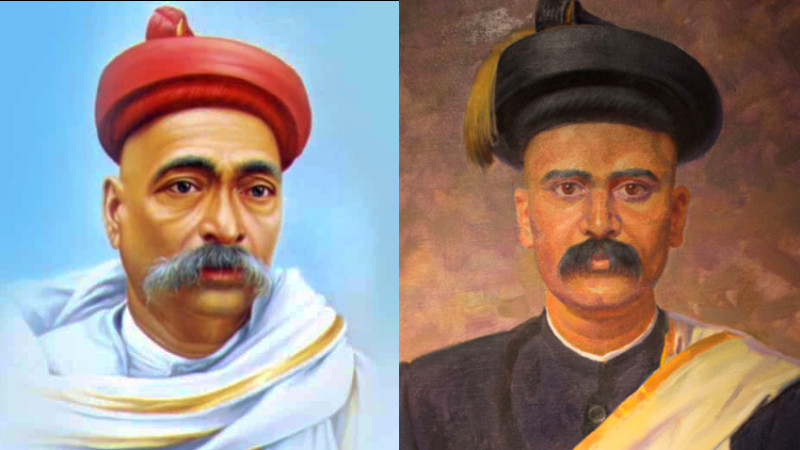
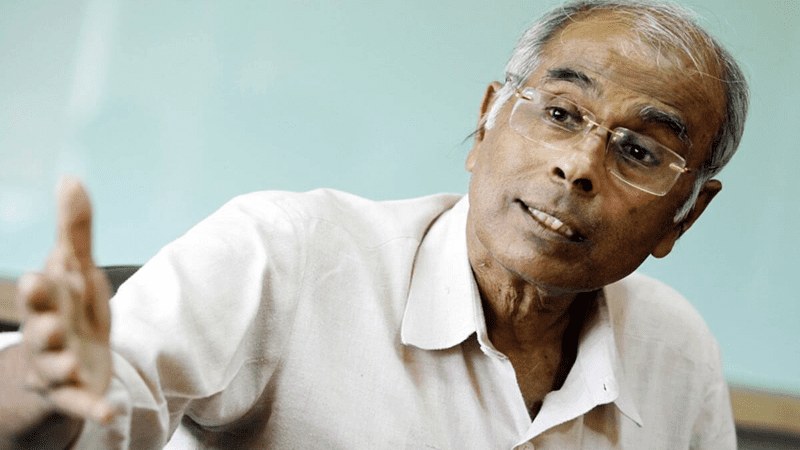
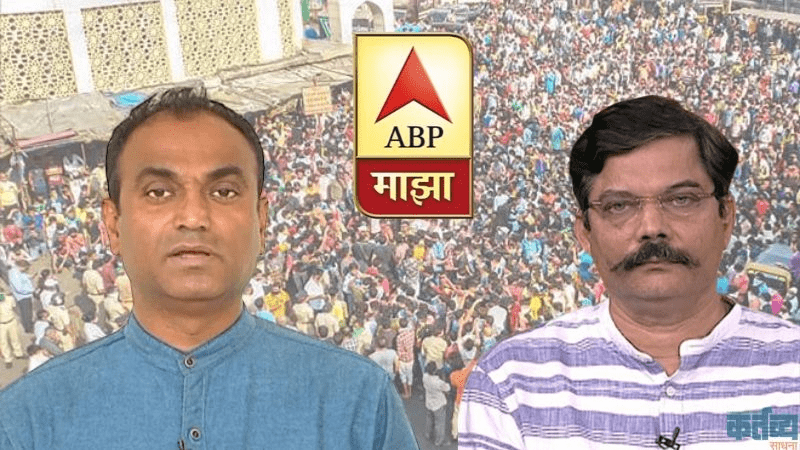

























Add Comment